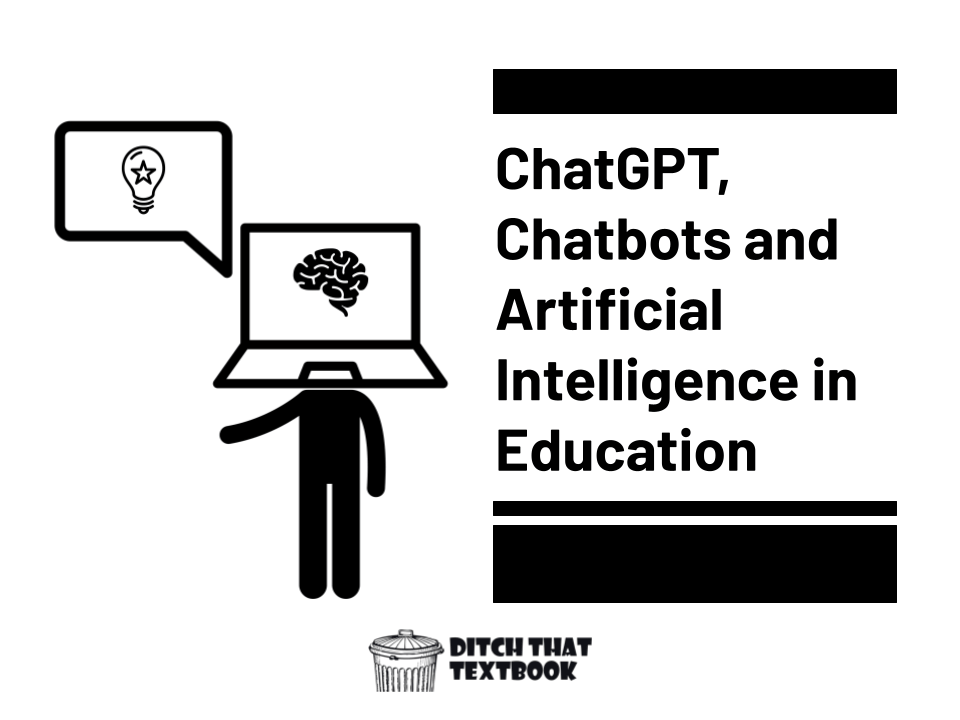
ChatGPT and Its AI Peers: Revolutionizing Education, or a Double-Edged Sword?
ChatGPT and similar AI systems have emerged as game-changers in countless sectors, including education. While these tools possess immense potential to enhance learning experiences, they also raise complex challenges that warrant critical examination.
Unlocking the Potential of AI in Education
AI-powered chatbots like ChatGPT offer numerous benefits for educators and learners:
- Personalized Learning: AI can tailor learning experiences to individual student’s needs and learning styles, accelerating progress.
- Enhanced Accessibility: AI can provide 24/7 support, making education more accessible for students with disabilities or time constraints.
- Automated Assessment: AI can assist teachers with grading and feedback, freeing up time for more meaningful interactions.
- Skill Development: AI can offer interactive simulations and virtual environments for students to develop practical skills in various fields.
Navigating the Ethical and Educational Challenges
Despite the potential benefits, ChatGPT and similar AI systems also pose significant challenges:
- Academic Integrity: AI can facilitate plagiarism and cheating, undermining the authenticity of student work.
- Critical Thinking Skills: AI may hinder students’ ability to develop critical thinking skills if they rely solely on it for answers.
- Digital Divide: Equitable access to AI technologies remains a concern, potentially exacerbating educational disparities.
- Bias: AI systems can perpetuate biases inherent in the data they are trained on, leading to unfair outcomes for some students.
Perspectives on the Future of Education with AI
There are varying perspectives on how AI will impact education in the long run:
Optimists:
- AI can enhance educational equity by providing personalized support to underserved students.
- AI can free up teachers to focus on more engaging and individualized instruction.
- AI can create immersive learning experiences that foster deeper understanding.
Pessimists:
- AI may lead to a decline in human connections and critical thinking skills.
- AI may exacerbate existing educational disparities if access remains limited.
- AI may undermine the role of teachers and devalue traditional forms of assessment.
Conclusion: Embracing AI While Mitigating Risks
ChatGPT and similar AI systems have the potential to reshape education, but their integration must be approached with both enthusiasm and caution. To harness the benefits while mitigating the risks, educators and policymakers must:
- Develop clear guidelines for the ethical use of AI in education.
- Provide teachers with training and support to effectively incorporate AI into their teaching practices.
- Address the digital divide by ensuring equitable access to AI technologies.
- Conduct ongoing research to understand the long-term implications of AI on education and develop appropriate policies accordingly.
By carefully navigating these complexities, we can foster an education system that leverages AI’s strengths while preserving the essential human elements of teaching and learning.
